Top Probiotics Dog Food for 2025: Best for Digestive Health
Every pet parent wants their dog to live a long, healthy, and active life. One of the biggest factors that influences your dog’s health is their diet. Many common issues such as diarrhea, constipation, poor digestion, and even skin allergies are often linked to an imbalance in gut bacteria. That’s why probiotics dog food has become such a popular choice for modern pet owners. Not only does it improve digestion, but it also supports your dog’s immune system and overall well-being.
What Is Probiotics Dog Food?
Simply put, probiotics dog food is regular dog food enhanced with live beneficial bacteria. These good bacteria, such as Lactobacillus and Bifidobacterium, help balance your dog’s gut flora and prevent harmful bacteria from growing. Compared to standard food, probiotics dog food offers better digestion, reduces stomach upset, and strengthens immunity. It’s especially useful for dogs with sensitive stomachs, recovering from illness, or those prone to allergies.

Key Benefits of Probiotics Dog Food
1. Better Digestion and Reduced Stomach Issues
Many dogs suffer from diarrhea or constipation due to sudden diet changes or eating food they can’t tolerate. Probiotics balance the digestive system, help food break down smoothly, and make stools more regular and firm. If you’re asking what is the best dog food with probiotics, look for options that guarantee high survival rates of live cultures.
2. Stronger Immune System
About 70% of your dog’s immune system is located in the gut. By feeding your dog probiotics dog food, you strengthen their first line of defense against harmful bacteria and viruses. Long-term use has been shown to reduce the risk of infections and support recovery after illness.
3. Allergy and Skin Relief
Allergies and itchy skin often come from imbalances in gut bacteria. The best probiotics for dogs with allergies can help restore balance and reduce skin flare-ups, shedding, and hot spots. Over time, this improves both skin condition and coat shine.

4. Suitable for All Breeds and Ages
Whether you own a tiny Yorkie or a large German Shepherd, probiotics can help. For example, probiotic dog food for small breeds comes in smaller kibble sizes that are easier to chew and digest, while large-breed formulas often add joint support nutrients. Senior dogs may benefit from probiotics combined with joint-protecting ingredients to aid digestion and mobility.

How to Choose the Right Probiotics Dog Food
1. Check Strains and Live Culture Count
Not all probiotics are equally effective. Look for products containing proven strains like Lactobacillus and Bifidobacterium. A reliable probiotics dog food should also guarantee the survival of live bacteria through its expiration date.
2. Match Your Dog’s Size and Needs
Small breeds need easy-to-digest formulas, while larger dogs benefit from nutrient-rich options that also support joints. Dogs with allergies should be fed low-sensitivity diets combined with probiotics, such as the best probiotics for dogs with allergies.
3. Dry vs. Wet Probiotic Dog Food
The best dry dog food with probiotics is convenient, easy to store, and perfect for long-term feeding. Wet food with probiotics is softer and better for picky eaters or dogs with dental issues. Choosing the right type depends on your dog’s lifestyle and health.
4. Brand Reputation and Reviews
Many pet parents wonder, “What is the best dog food with probiotics?” Imported brands often have advanced formulations, while local quality brands may offer better value. Always check reviews, ingredients, and your dog’s response before committing to one product.
Recommended Directions for Different Dogs
Puppies: Choose gentle formulas to help build healthy gut flora.
Adult Dogs: Balanced nutrition with multiple probiotic strains for immunity and energy.
Seniors: Probiotics combined with joint-supporting nutrients for better digestion and mobility.
Allergy-Prone Dogs: Hypoallergenic formulas with probiotics, similar to proviable probiotic for dogs, can help reduce itching and skin issues.
Feeding Tips for Probiotics Dog Food
Transition gradually: Switch from regular food to probiotics dog food over 7–10 days to prevent stomach upset.
Ensure fresh water: Probiotics work best with enough hydration.
Store correctly: Keep food in a cool, dry place away from sunlight to prevent bacteria from losing effectiveness.
Monitor results: Watch stool consistency, skin health, and energy levels to confirm benefits.
Everything Our Vets Recommend
Frequently Asked Questions
Q1: Is probiotics dog food suitable for all dogs?
A1: Yes, most dogs can safely eat it. However, for young puppies, pregnant dogs, or those with medical conditions, consult your vet first.
Q2: Does my dog need probiotics long-term?
A2: Yes. To maintain a balanced gut microbiome, probiotics should be consumed consistently. Stopping suddenly may reduce the health benefits.
Q3: Can probiotics in dog food lose effectiveness?
A3: Yes, if not stored properly. Always check the expiration date and store food in a sealed container in a dry, cool place.
Final Thoughts
Probiotics dog food is more than just a trend—it’s a proven way to improve your dog’s gut health, immune function, and overall happiness. Whether you’re looking for the best dry dog food with probiotics, a probiotic dog food for small breeds, or the best probiotics for dogs with allergies, there are options that fit every need. Long-term feeding is the key to seeing results. Choose wisely, feed consistently, and give your dog the gift of a healthier, happier life.
You May Like:
- Best Probiotics for Dogs with Diarrhea: How to Choose and Use Safely
- Do Probiotics for Dogs Help with Diarrhea? A Complete Pet Owner’s Guide
- Best Probiotics Chews for Dogs to Support Gut and Immune Health
- What to Do If Dog Has Diarrhea: Fast Home Remedies & Vet Advice
User Comments
Does flea treatment kill ear mites too?
Can dogs take human probiotics?
Can dogs have people probiotics safely?
Related Articles
View all
How Long Should a Dog Be on Probiotics: Complete 2025 Guide

Best Probiotics for Dogs with Gas (2025 Review & Guide)

What Do Probiotics Do for Dogs: A Vet Approved 2025 Guide
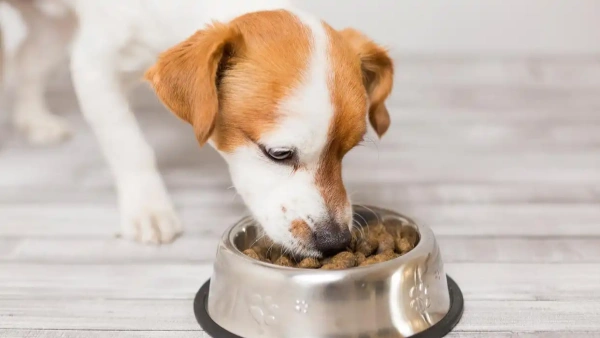
Can Dogs Take Human Probiotics? Shocking Truth Owners Miss

How Long Should a Dog Be on Probiotics: Complete 2025 Guide

Best Probiotics for Dogs with Gas (2025 Review & Guide)

What Do Probiotics Do for Dogs: A Vet Approved 2025 Guide

Can Dogs Take Human Probiotics? Shocking Truth Owners Miss
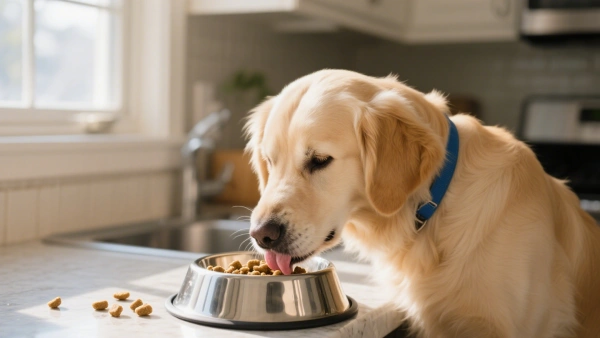
2025 Dog Probiotics for Yeast Guide: Treat & Prevent Infections Easily

Dog Probiotics for Itching: Relieve Your Pup’s Scratching Safely

Best Probiotics for Dog Skin Allergies: Vet Picks and Tips

What’s a Good Probiotic for Dogs? Expert Guide for Pet Owners


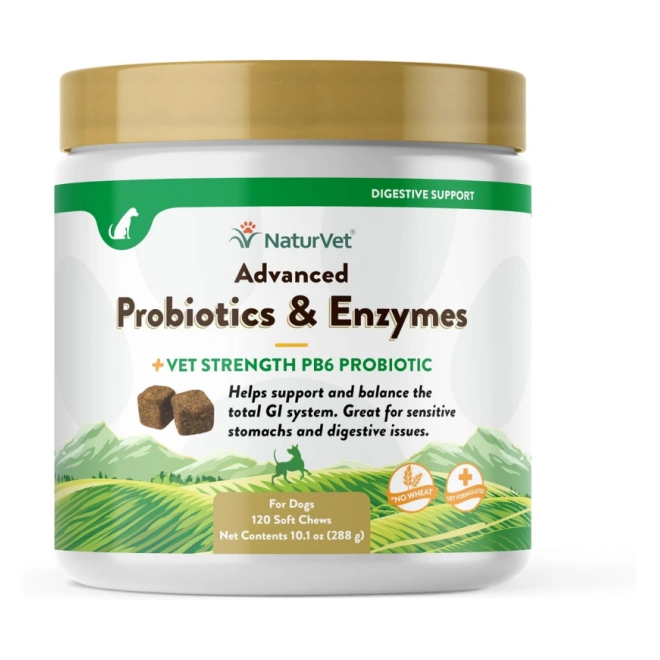
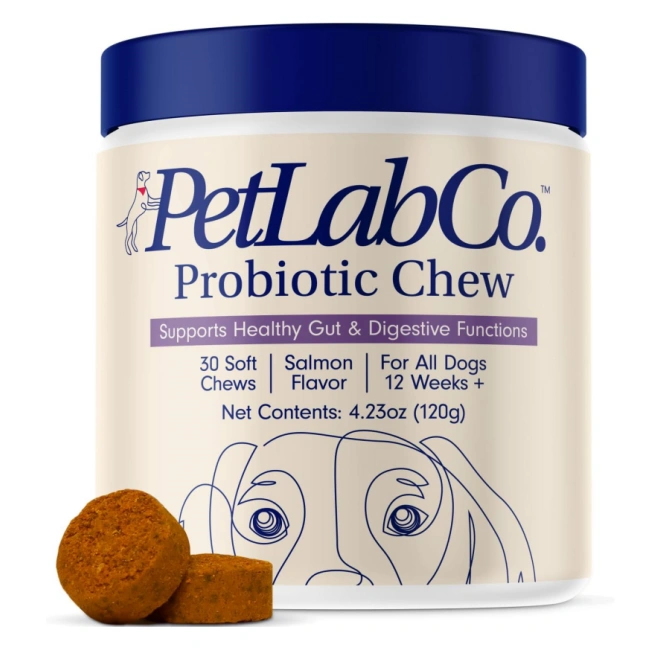
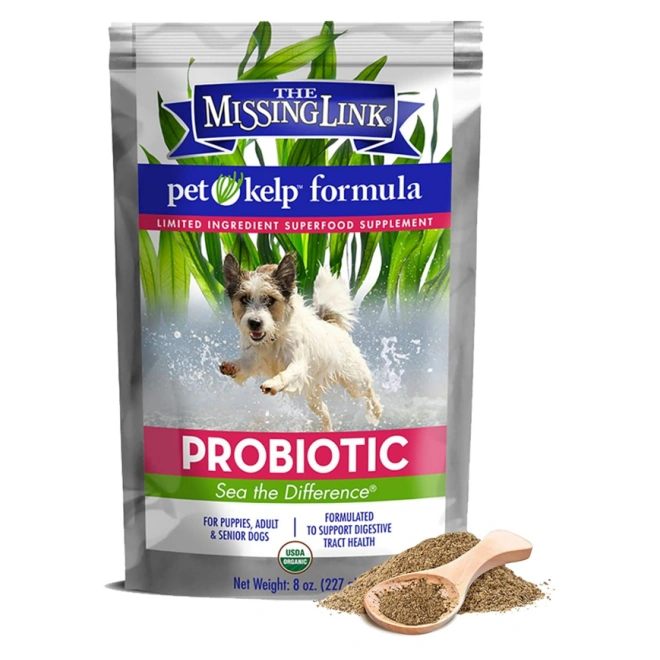
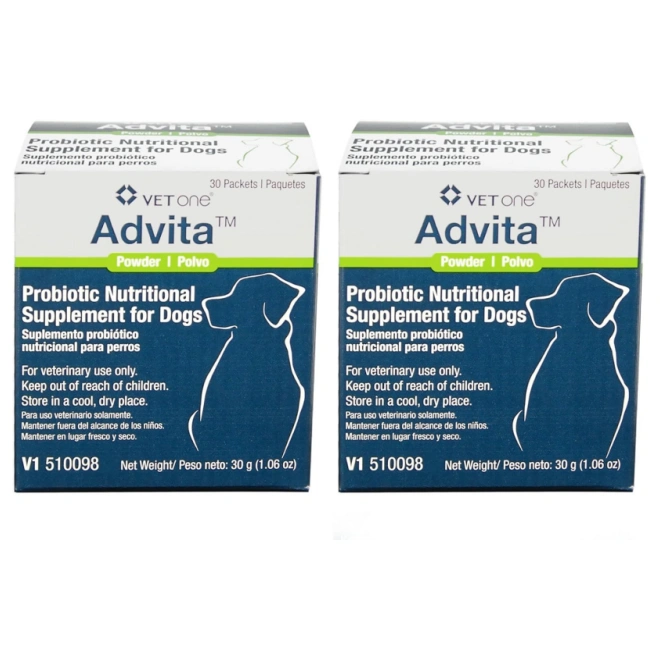








Leave a Reply